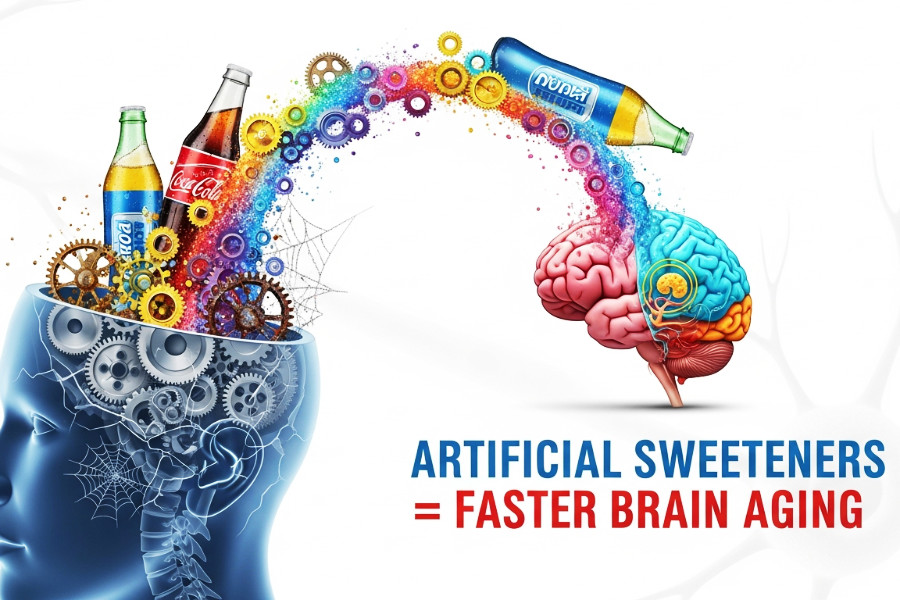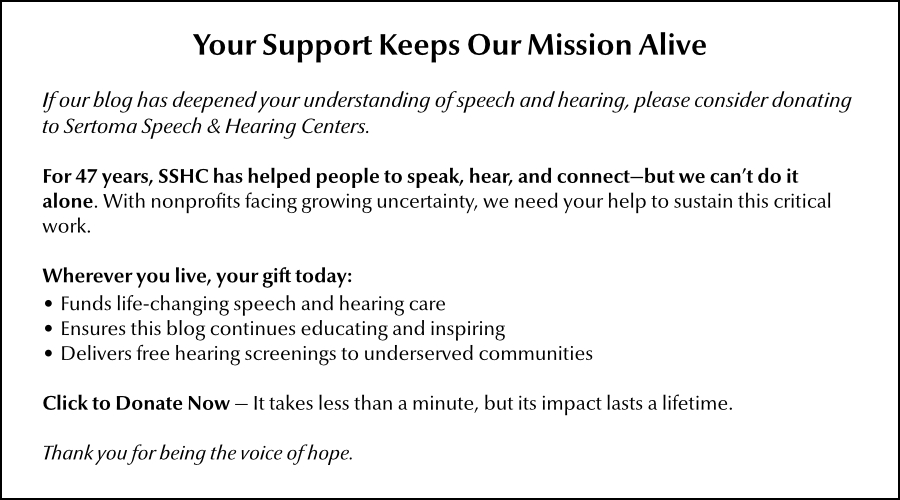Could that diet soda you're sipping be slowly eating away at your brain power? A groundbreaking study from Brazil has uncovered something startling: those seemingly harmless artificial sweeteners might be quietly undermining your memory and thinking skills, one gulp at a time.
“While previous research had linked sweeteners to conditions such as diabetes, cardiovascular disease, and depression, their long-term impact on cognition had not been systematically explored.” —Claudia Kimie Suemoto, MD, PhD, with the University of São Paulo in São Paulo, Brazil
Why it matters
People who consumed the most artificial sweeteners had faster declines in memory and thinking skills. This accelerated decline amounts to 1.6 years of extra brain aging. Artificial sweeteners are seen as a healthy alternative by many, but these findings uncovered long-term negative consequences for brain health.
What to know
Researchers dove deep into the health data of nearly 13,000 adults, following them for eight years. The participants, averaging around 52 years old, had their diets closely examined—with a special focus on seven common artificial sweeteners hiding in diet sodas, zero-calorie waters, and low-calorie treats. The researchers analyzed the consumption of —
-
Artificial sweeteners: Aspartame, saccharin, acesulfame-K
-
Sugar alcohols: Erythritol, xylitol, sorbitol
-
Natural sweetener: Tagatose

A closer look
The participants' diets were assessed and then grouped by artificial sweetener intake. The highest consumption of sweeteners averaged 191 mg/day, versus 20 mg/day for the lowest. Cognitive tests measured memory, language, and thinking skills.
By the numbers
-
Highest consumption group: 62% faster decline in overall thinking and memory skills (equivalent to 1.6 years of cognitive aging)
-
Middle consumption group: 35% faster decline (equivalent to 1.3 years of cognitive aging)
-
Verbal fluency: Particularly affected with 110-173% higher rates of decline in higher consumption groups
-
Memory loss: Aspartame, saccharin, acesulfame-K, erythritol, sorbitol, and xylitol were individually linked to cognitive decline, especially memory loss. Tagatose showed no link.
-
This research found a link, not a cause. It doesn't definitively prove sweeteners cause cognitive decline.
Age-specific effects
-
Under 60 years: Significant association between sweetener consumption and faster cognitive decline
-
Over 60 years: No significant association found
-
The results indicate that midlife dietary exposures may have long-term consequences for brain health
-
Notable: The connection was even stronger for participants with diabetes, who often rely on artificial sweeteners as sugar substitutes.
The bottom line
What does this mean for you? Those sugar substitutes you've been using, thinking they're a healthier choice, could actually be silently impacting your brain health—especially if you're middle-aged or dealing with diabetes.
“For people who love diet sodas and other sugar-free products (including myself), our findings do not mean that people should panic, but they do suggest it is wise to limit consumption as much as possible, ideally avoiding daily use. Whenever possible, choose natural options to add flavor, like fruit, honey, or spices, and try to shift toward a more balanced diet rich in whole foods.” —Dr. Claudia Kimie Suemoto


